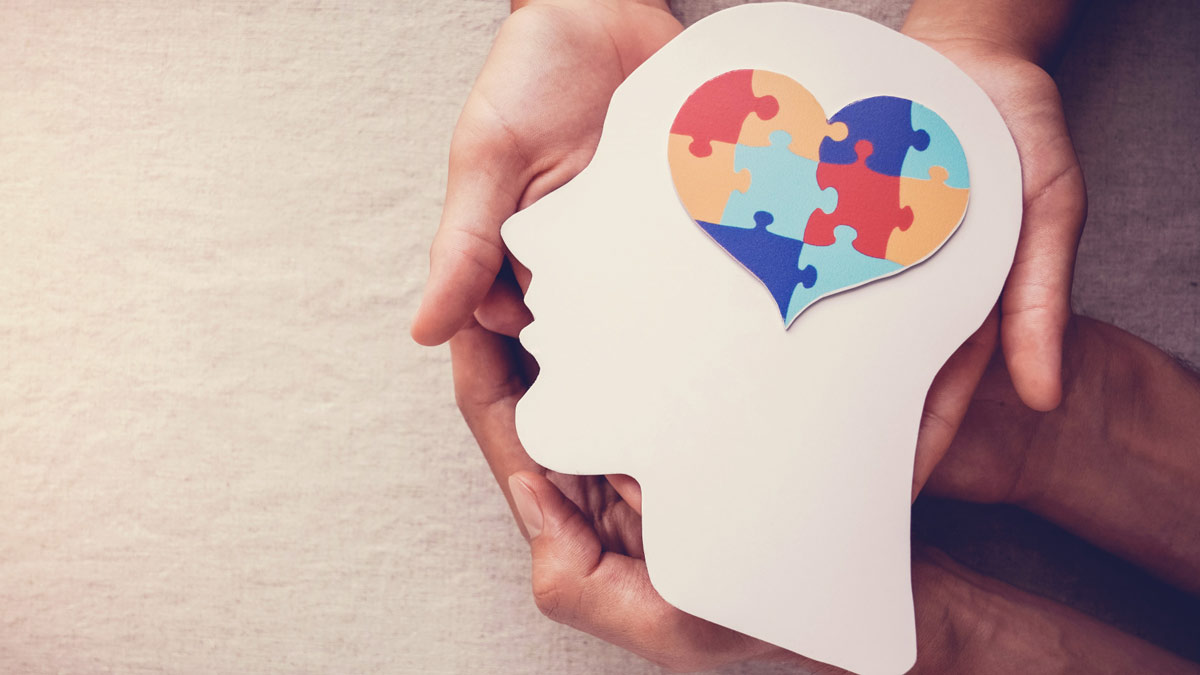
Brain health is the most popular topic right now. Rightly so because it is our brains that keeps us going. So what do we need to take care of this vital organ? In an exclusive interaction with OnlyMyHealth editorial team, Dr. Aishwarya Raj, Practicing Clinical Psychologist in Delhi-NCR, elucidates a quick guide on how a person can take better care of their mental health.
Table of Content:-
Tips to Keep Your Brain Healthy And Fit
Here are a few things that can go a long way toward maintaining, protecting, and enhancing one’s brain health.
1. Exercise
The key to preventing cognitive deterioration is to maintain an active lifestyle. Engaging in leisurely aerobics, dance, tai chi, or even just taking a stroll around your neighbourhood can help lower your risk of mental health problems. Light exercise not only increases blood flow, which oxygenates the brain, but some studies claim it can also enhance the size of the hippocampus, the area of the brain that controls memory and often gets smaller with age.
2. Get mental stimulation with games and puzzles
It might be enjoyable to maintain mental acuity! Brainy activities have been discovered to promote new connections between nerve cells and may even enable the brain to produce new cells, creating neurological "plasticity" and accumulating a functional reserve that acts as a safety net against future cell loss, according to various research. Memory, visual recognition, focus, and mood can all be improved by the use of puzzles, brain game apps, Sudoku, crossword puzzles, and word searches. To improve the health of your brain, try including a puzzle of some kind in your weekly routine.
3. Eat a balanced diet
A nutritious diet and taking your vitamins regularly can significantly lower your risk of developing Alzheimer's and other types of dementia. Folate and Vitamin B12 deficiencies have been associated with cognitive deterioration, and some researchers believe that these vitamins act as a preventative measure against dementia.
Also read: Expert Talk: 6 Ways To Lower Cholesterol Levels

4. Get adequate rest
Getting enough sleep gives your brain the time it needs to recover from the numerous tasks it does throughout the day. Additionally, when you sleep, beta-amyloids, a material associated with the emergence of Alzheimer's and dementia, can be expelled from your brain. Prioritizing your sleep can be achieved by practicing sleep hygiene, such as setting a regular bedtime and wake-up time, abstaining from coffee and strenuous activity at least six hours before bed, and creating nightly pre-sleep rituals like taking a bath or reading a book.
5. Prioritise spending time with your loved ones
You might be surprised to learn how much better your health being in touch with friends and family can be. In a group of seniors aged 65 and older, one study indicated that participating in particular social activities dramatically slowed the rate of cognitive deterioration.
6. Use relaxation and mindfulness techniques
Daily relaxation practice has several positive effects on the brain, including lowering inflammation, preventing weariness and disorientation, lowering rates of depression, and fostering the growth of neural connections. A daily 15-minute meditation session during which you concentrate on taking deep, controlled breaths might serve as a basic meditation regimen. Online tutorials are also widely available.
7. Take care of your feelings
On cognitive function tests, people who are stressed, depressed, sleep deprived, or fatigued frequently do poorly. Although low scores don't always indicate a higher risk of cognitive impairment as people age, maintaining excellent mental health and getting enough sleep are unquestionably significant objectives.

8. Discover a new skill
The brain is exercised in several ways while learning a new skill. You learn new techniques, your memory is put to use, and you start to associate things differently. Your intellect will be challenged and stimulated by reading, learning to cook or painting.
9. Have a purpose
Finding a purpose in life may be beneficial for the brain, particularly if it entails interaction with individuals from various generations for personal growth and challenge. Even if their brains have Alzheimer's plaques, research reveals that persons with a sense of purpose have a lower chance of developing dementia. This is likely because having a purpose motivates them to take better care of themselves.
10. Express gratitude
A variety of brain areas become synchronised when we express our gratitude, as well as the hypothalamus and several reward-related pathways. Gratitude, in other words, can increase serotonin levels and cause the brain stem to release dopamine. Our brain's pleasure chemical is dopamine. Our brains feel healthier and happier as we think happier, thankful though.
Also watch this video
How we keep this article up to date:
We work with experts and keep a close eye on the latest in health and wellness. Whenever there is a new research or helpful information, we update our articles with accurate and useful advice.
Current Version